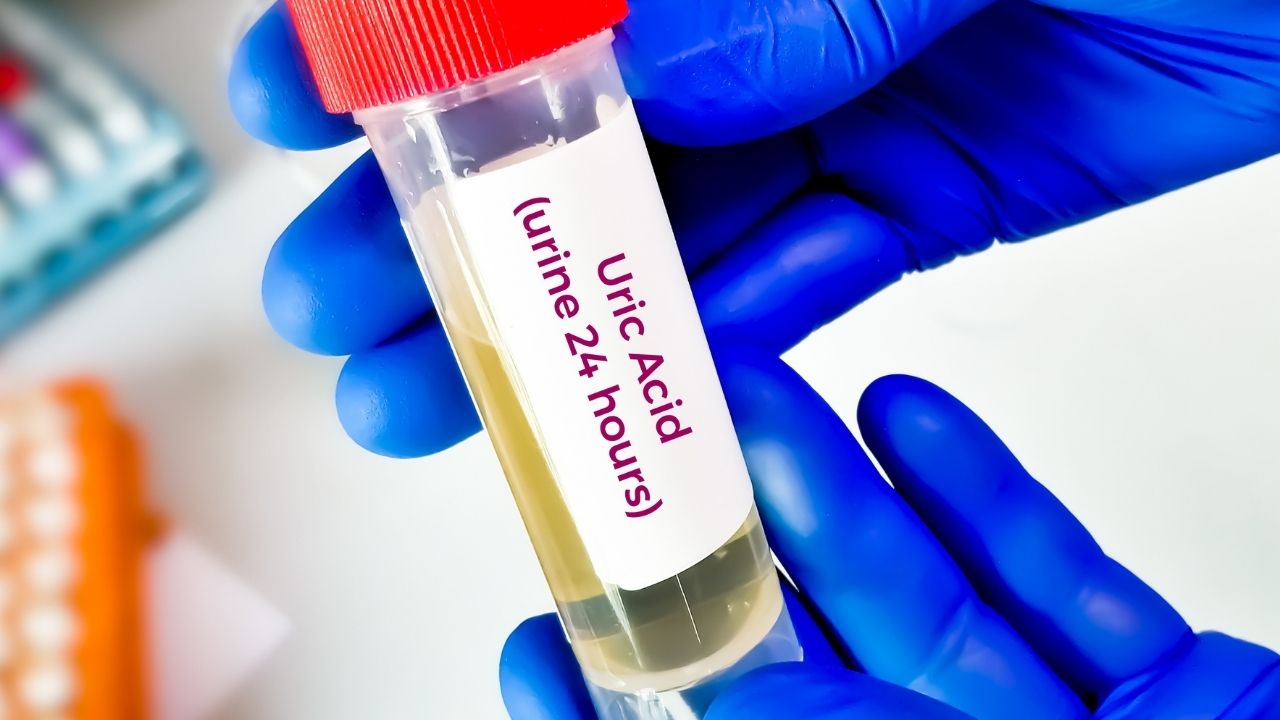Polycystic Ovarian Disease (PCOD) is one of the most common hormonal disorders affecting women today. Irregular periods, weight gain, acne, hair fall, and difficulty ovulating are just some of the challenges that PCOD brings. For many women, the most emotionally difficult aspect is infertility—struggling to conceive despite months or even years of effort. While modern medicine focuses largely on symptom management through hormonal pills or temporary cycle regulation, more women are now exploring Ayurvedic treatment for PCOD because it works on the root cause rather than surface-level symptoms.
Ayurveda, India’s ancient medical science, offers a gentle, holistic, and time-tested approach to managing PCOD and improving fertility naturally. By balancing hormones, enhancing metabolism, detoxifying the body, and strengthening the reproductive system, Ayurveda offers an integrative pathway toward healing and conception.
Understanding PCOD Through an Ayurvedic Lens
Ayurveda categorizes PCOD as a disorder arising from an imbalance in the Kapha dosha, which causes sluggish metabolism, accumulation of toxins (ama), irregular ovulation, cyst formation, and hormonal disturbances. When Kapha increases beyond normal levels, it obstructs the reproductive channels (artava vaha srotas), disturbs the menstrual cycle, and interferes with natural fertility rhythms.
Ayurvedic treatment for PCOD focuses on addressing four key imbalances:
- Restoring hormonal equilibrium
- Correcting metabolic disturbances
- Reducing inflammation and toxicity
- Regulating the menstrual cycle and ovulation
This multi-layered approach is what makes Ayurveda effective and long-lasting.
How PCOD Affects Fertility
Women with PCOD often face fertility challenges because of:
- Irregular or absent ovulation
- Thickened ovarian capsule
- Elevated insulin levels
- Increased androgens (male hormones)
- Poor egg quality
- Difficulty maintaining hormone balance for conception
These factors disrupt the natural conception process. Ayurvedic treatment for PCOD aims to reverse these imbalances through detoxification, herbal therapy, dietary changes, and lifestyle corrections.
Ayurvedic Treatment for PCOD: A Holistic Approach
Ayurveda does not offer a one-size-fits-all treatment. Instead, specialists assess the individual’s dosha imbalance, symptoms, lifestyle, emotional health, and cycle pattern before designing a personalized plan. Most treatment programs include detoxification (Shodhana), pacification therapies (Shamana), and rejuvenation (Rasayana) to support fertility.
1. Panchakarma Detox: Clearing Toxins & Resetting Hormones
Panchakarma is the cornerstone of Ayurvedic treatment for PCOD because it removes deep-seated toxins that block reproductive channels.
Common Panchakarma therapies used for PCOD include:
- Virechana (Detoxification through medicated cleansing): Helps clear excess Pitta and Kapha, improving hormonal balance.
- Basti (Herbal enema therapy): Supports Vata balance, regulates cycles, and boosts ovulation.
- Uttarbasti (Womb-specific therapy): Strengthens the uterus, clears blockages, and improves reproductive health.
- Abhyanga & Swedana: Enhances circulation, reduces inflammation, and improves metabolic function.
These therapies help restore natural reproductive rhythms, making conception more likely.
2. Ayurvedic Herbs That Support PCOD & Fertility
Ayurvedic herbs play a significant role in balancing hormones, improving ovarian health, reducing cyst formation, and enhancing fertility. Some of the most effective herbs include:
Shatavari
Known as the “queen of herbs” for female health, Shatavari supports ovulation, nourishes reproductive tissues, and stabilizes hormones.
Ashoka
Effective for regulating menstrual cycles and reducing excessive bleeding.
Lodhra
Helps manage irregular periods, acne, and hormonal fluctuations associated with PCOD.
Cinnamon & Fenugreek
Improve insulin sensitivity, which is essential for women with PCOD-related insulin resistance.
Ashwagandha
Reduces stress, balances cortisol, and supports healthy progesterone levels.
Guggul
Helps reduce inflammation and support weight management.
These herbs, when prescribed correctly, bring balance gently and naturally.
3. Diet: A Foundational Pillar of Ayurvedic Treatment for PCOD
Ayurveda states, “Food is the first medicine.” For women with PCOD, the right diet can significantly improve hormonal balance and fertility.
Best foods for PCOD:
- Warm, freshly cooked meals
- Whole grains like millet, barley, and red rice
- Leafy greens and seasonal vegetables
- Sprouted legumes
- Healthy fats like ghee and sesame
- Anti-inflammatory spices such as turmeric, ginger, and cumin
Foods to avoid:
- Sugary foods
- Refined flour
- Deep-fried items
- Carbonated drinks
- Excess dairy
- Processed snacks
A sattvic diet (clean, balanced, and nutrient-rich) helps regulate metabolism, reduce insulin resistance, and support regular ovulation.
4. Lifestyle: Achieving Hormonal Harmony Naturally
Lifestyle habits significantly impact PCOD. The best Ayurvedic treatment for PCOD includes:
- Daily exercise: Yoga, walking, and light cardio to improve insulin control.
- Stress management: Meditation, pranayama, and mindful breathing to reduce cortisol levels.
- Sleep regulation: Sleeping early and waking early to align the body’s natural rhythms.
- Routine: Maintaining fixed times for meals and sleep helps balance Vata and Kapha.
These shifts support ovulation, reduce inflammation, and enhance fertility.
Yoga & Pranayama for Fertility in PCOD
Ayurveda and Yoga go hand in hand. Specific yoga poses enhance blood flow to the pelvic region, support hormonal balance, and reduce stress.
Recommended yoga poses include:
- Baddha Konasana (Butterfly pose)
- Bhujangasana (Cobra pose)
- Malasana (Garland pose)
- Setu Bandhasana (Bridge pose)
- Viparita Karani (Legs up the wall)
Pranayama practices:
- Nadi Shodhana
- Bhramari
- Kapalbhati (only if prescribed)
These practices strengthen reproductive health and improve fertility prospects.
How Ayurveda Improves Fertility in PCOD
Ayurvedic treatment for PCOD enhances fertility through multiple mechanisms:
- Regulating menstrual cycles
- Supporting natural ovulation
- Reducing ovarian cysts
- Enhancing egg quality
- Reducing insulin resistance
- Balancing hormones
- Lowering inflammation
- Improving uterine health
When the body returns to a balanced state, the chances of conception naturally increase.
When to Seek Ayurvedic Help for PCOD
You should consider Ayurveda if you experience:
- Irregular periods
- Difficulty conceiving
- Excessive hair fall or facial hair
- Sudden weight gain
- Acne or oily skin
- Mood swings
- Persistent abdominal discomfort
- Heavy or scanty periods
Early intervention offers the best results.
Final Thoughts
PCOD can be overwhelming, especially when it affects your fertility and emotional wellbeing. But Ayurveda brings hope through its gentle, holistic, and personalized healing approach. By correcting hormonal imbalance, detoxifying the body, nurturing reproductive tissues, and supporting mental health, Ayurveda provides long-term relief and improved fertility outcomes.
If you’re searching for natural, effective, and root-cause–oriented solutions, Ayurvedic treatment for PCOD can be a transformative path. With the right guidance, consistent lifestyle changes, and personalized care, many women regain their hormonal balance and move closer to their dream of becoming mothers.



